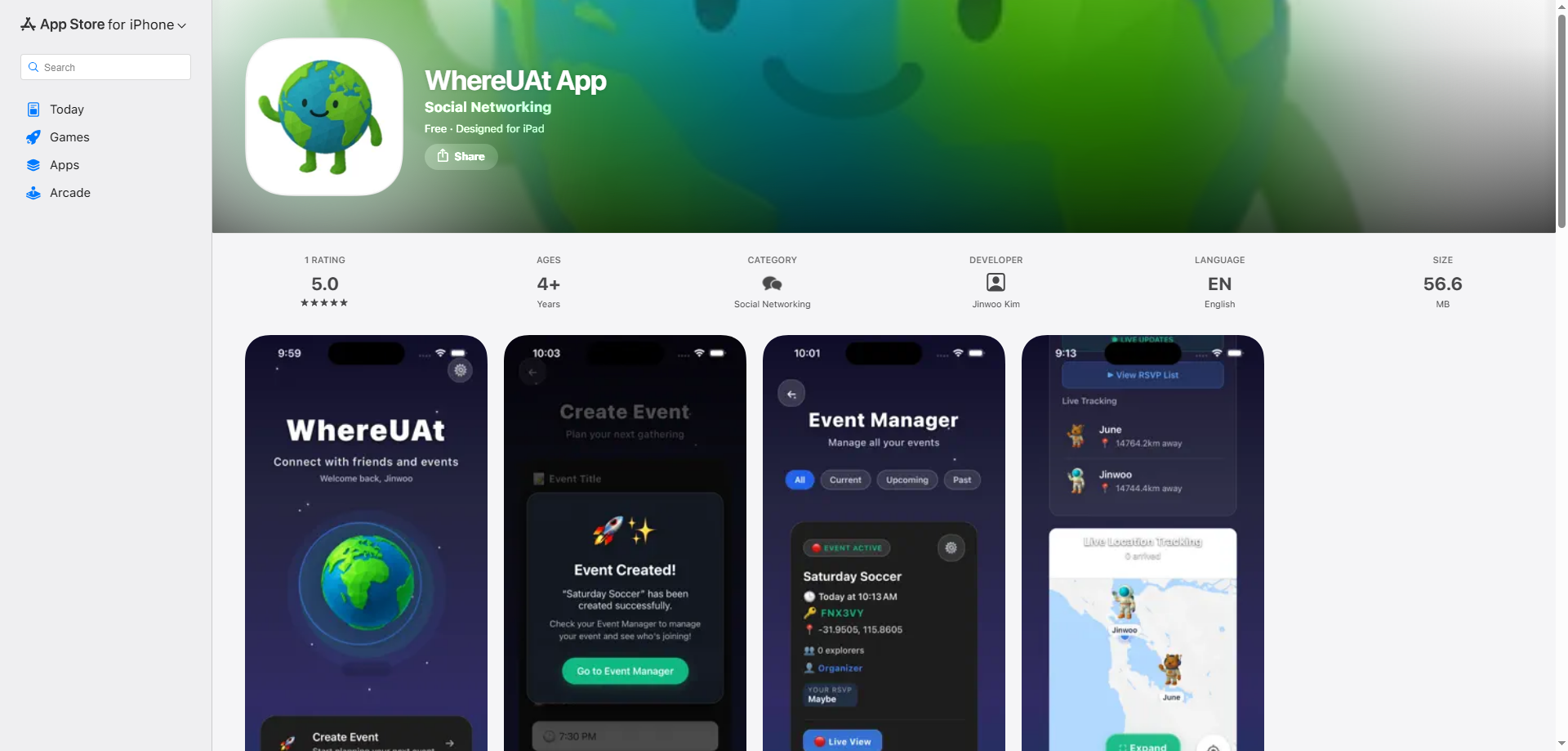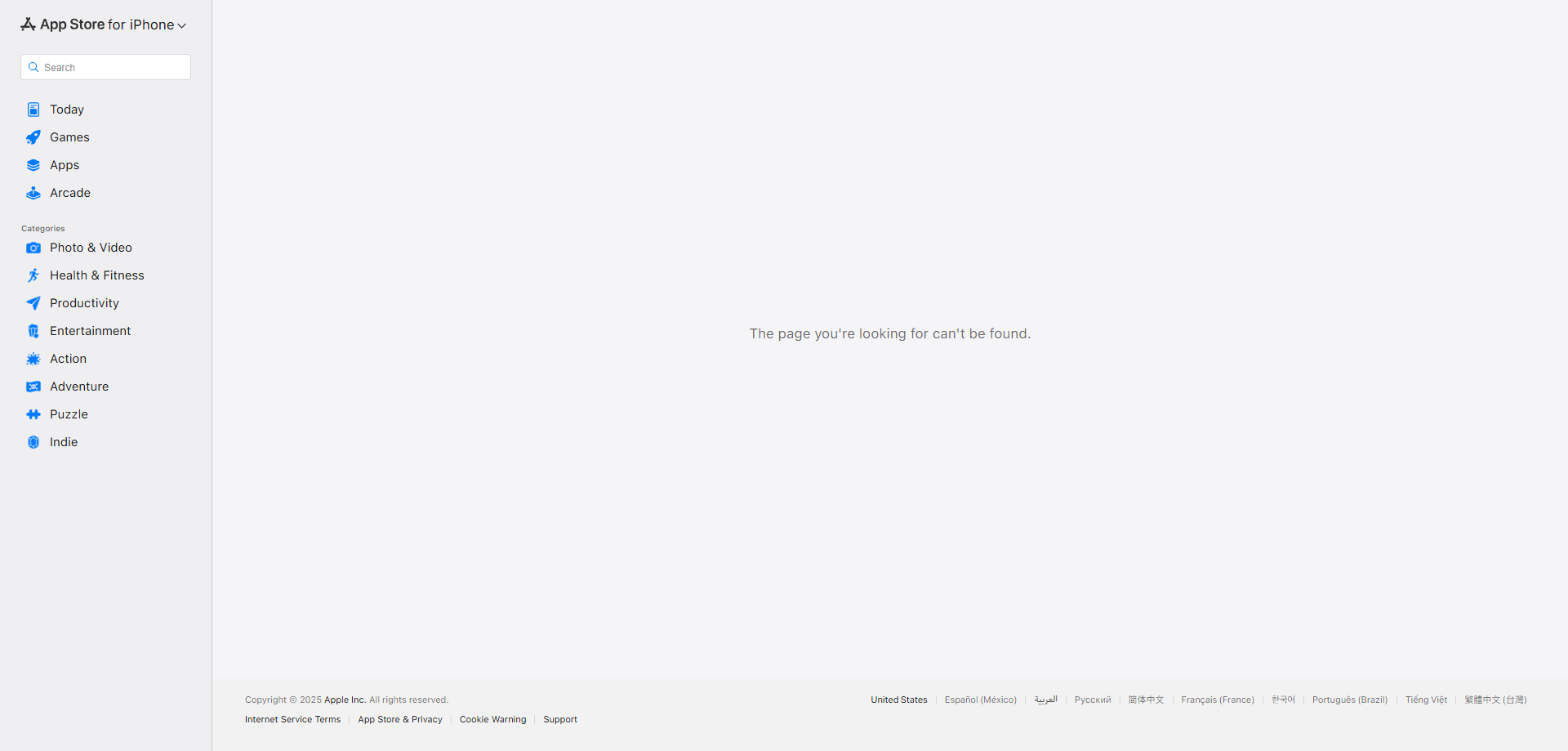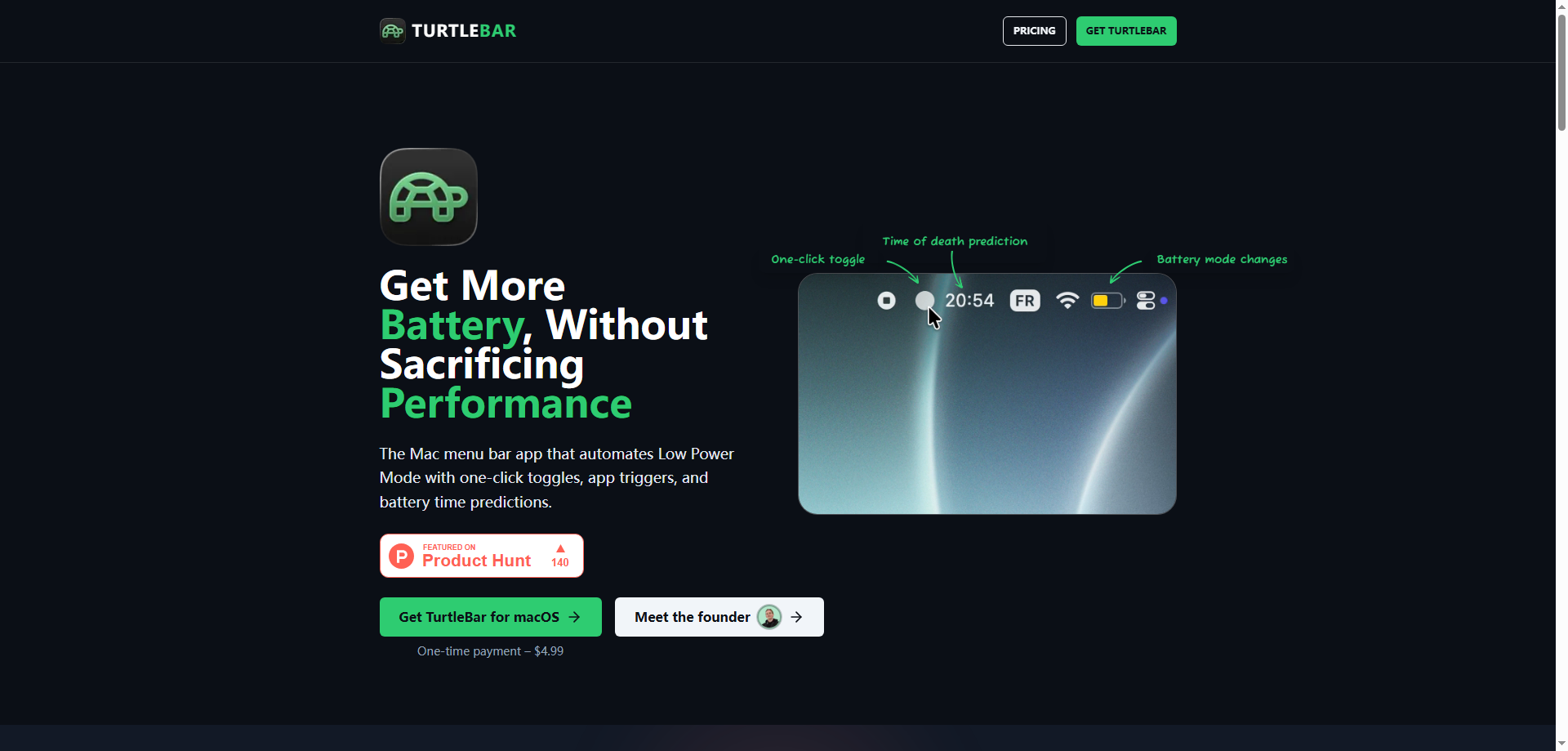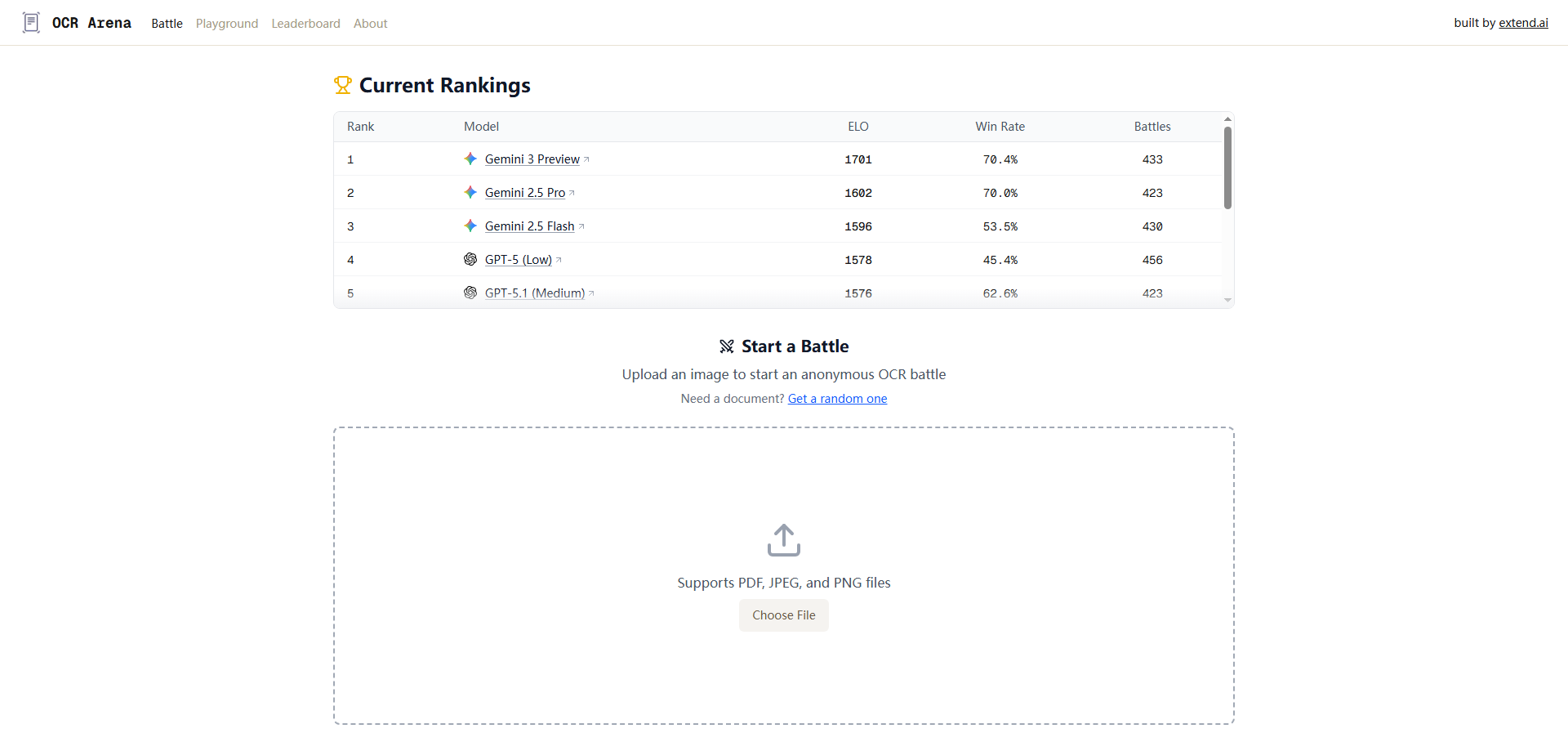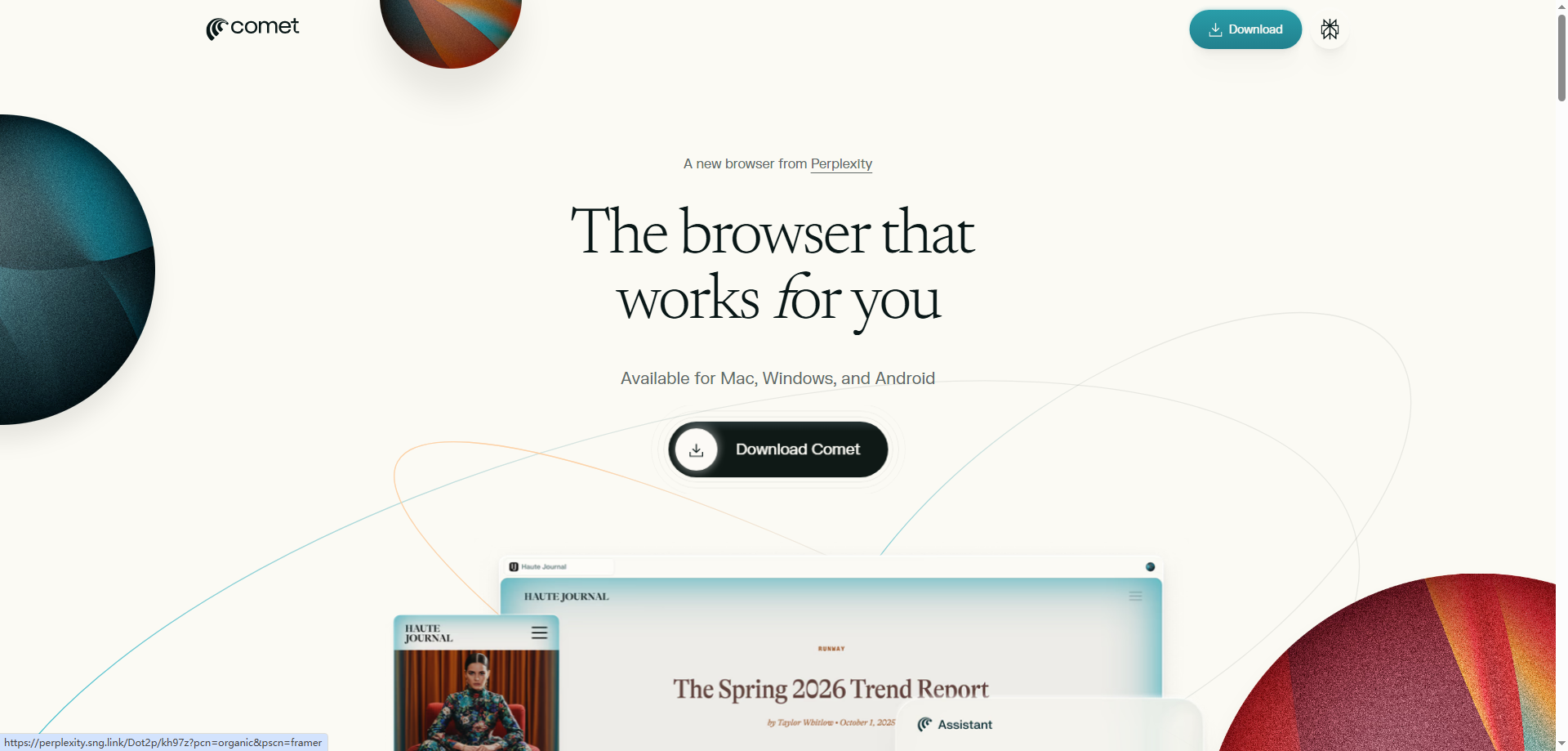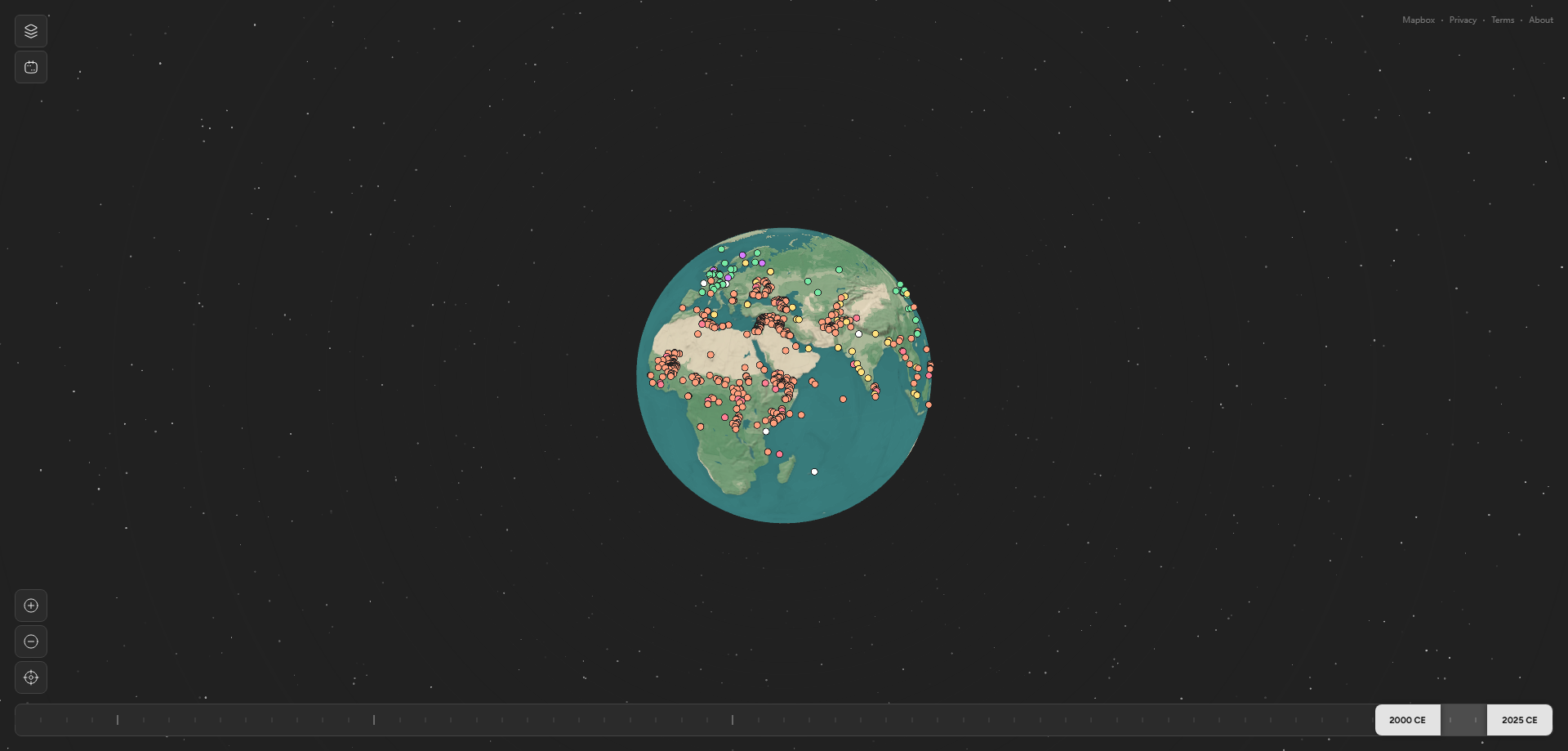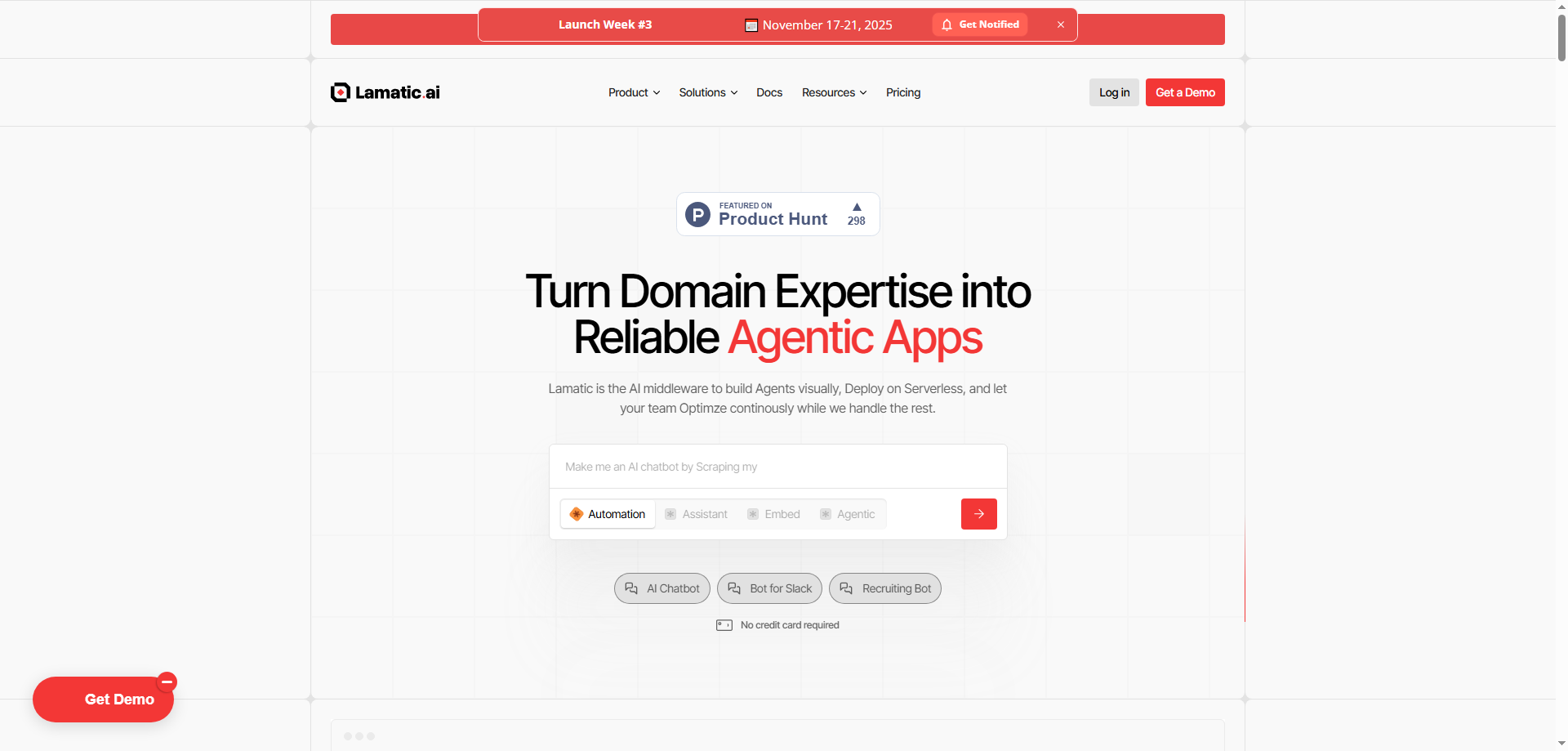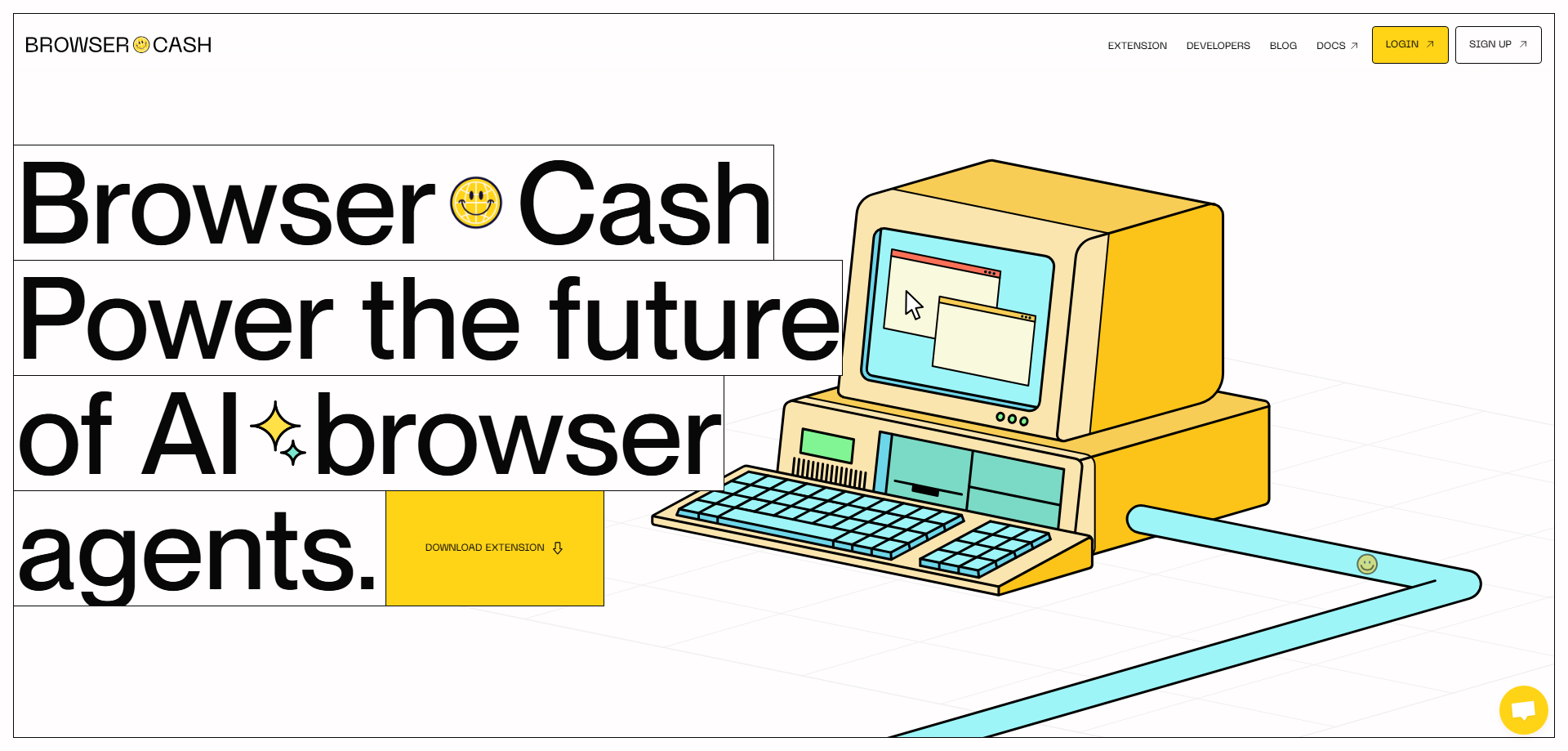So There's This App That Wants to Solve the "Where Are You?" Problem
Okay, let me tell you about WhereUAt, because I think this might be one of those ideas that seems so obvious in hindsight that you wonder why it didn't exist sooner. We've all been there, right? You organize a casual hangout with friends – maybe a coffee meetup, a pickup basketball game, a family barbecue – and you spend the entire time texting "Are you close?" "Where are you?" "Should I wait?" It's annoying.
WhereUAt is trying to solve this specific problem. It's basically a temporary location sharing app for casual gatherings. And when I say temporary, I mean it – the app only shares your location from 15 minutes before the event starts until 15 minutes after it ends. Then it automatically shuts off.
I've been thinking about this app a lot, and I've got some strong opinions about whether it's brilliant or just another solution looking for a problem.
1. The Creative Simplicity (and Limitations) of WhereUAt
Let's talk about the creative thinking behind WhereUAt, because I think there's something interesting here even if it's not revolutionary.
The "Casual Gathering" Niche
Here's what's creatively smart about WhereUAt: they looked at the event app landscape and noticed a gap. Most event apps focus on ticketed events, conferences, large gatherings. Think Eventbrite, Meetup, even Facebook Events. These are designed for organized, often public events.
But what about the casual stuff? The "let's grab coffee" moments. The family barbecues. The pickup sports games. These aren't formal events requiring tickets or RSVPs, but they still have the coordination problem.
WhereUAt is creatively focusing on this overlooked niche: informal, small-scale gatherings where the main question isn't "how do I sell tickets?" but "is everyone actually here?"
That's smart positioning. They're not competing with Eventbrite. They're solving a different problem for a different use case.
The Time-Limited Location Sharing Concept
What I find genuinely creative about WhereUAt is the temporary nature of location sharing. It only works from 15 minutes before to 15 minutes after the event.
This is clever for several reasons:
-
Privacy-conscious by design: You're not broadcasting your location constantly. Just during the specific window when coordination actually matters.
-
Purpose-driven: The app has a clear, limited purpose. It's not trying to be a social network or a full-time tracking tool. It exists for one moment, then disappears.
-
Reduces friction: People might be hesitant to share location constantly, but for a 30-minute window around a specific event? That feels more acceptable.
This time-limited approach is creatively different from "always-on" location sharing apps like Find My Friends or Life360. It's acknowledging that most people only want to share location temporarily and contextually.
Solving the "Who's Actually Coming?" Question
The creative insight behind WhereUAt is recognizing that for casual gatherings, the biggest stress point is uncertainty about who's actually showing up and when.
When you organize a casual event, people say "yeah, I'll be there" but you never really know. Are they running late? Did they forget? Are they still coming? You end up in this awkward position of waiting and texting and feeling annoying.
WhereUAt is trying to make this visible and automatic. Instead of texting five people individually, you just look at the map and see who's actually on their way.
That's a real creative insight into a genuine friction point in social coordination.
The Limitations of the Creative Approach
But here's where I think WhereUAt's creativity hits some walls:
It's solving a first-world problem: Yes, the "where are you?" texting game is annoying. But is it annoying enough that people will download a whole new app just for casual hangouts? I'm not sure.
It requires everyone to have the app: This is the classic network effect problem. If I use WhereUAt but my friends don't, the app is useless. The creative solution only works if everyone adopts it.
It's pretty narrow: WhereUAt does one thing. That's focused, but it's also limiting. Can you build a sustainable business on temporary location sharing for casual events? That's the big question.
So creatively, WhereUAt is smart in its positioning and approach. But I'm questioning whether the creative solution is addressing a big enough problem.
2. Can WhereUAt Actually Replace Existing Tools?
Now let's get into the disruption question. What is WhereUAt actually competing against, and can it replace those tools?
What WhereUAt is Competing With
WhereUAt isn't really competing with traditional event apps like Eventbrite. It's competing with:
- Text messages and group chats ("Where are you?" texts)
- Find My Friends / Apple's Find My / Google Maps location sharing
- Life360 and similar family location tracking apps
- Event features in messaging apps (Facebook Messenger, WhatsApp events)
- Just... showing up and seeing who's there (the old-fashioned way)
Can WhereUAt replace these? Let's be realistic.
What WhereUAt Could Replace
The endless "where are you?" text chains: This is WhereUAt's strongest case. If you're organizing a casual gathering, WhereUAt could completely eliminate the need to text everyone asking for status updates.
I've definitely been in situations where I'm organizing a meetup and I'm texting people individually asking where they are. It's tedious and feels nagging. If WhereUAt worked smoothly, I'd happily replace that workflow.
Temporary location sharing via Google Maps: Currently, if you want to share your location temporarily, you might use Google Maps' location sharing feature. But that's clunky – you have to manually start it, set a time limit, share with specific people.
WhereUAt automates this for event contexts. That's genuinely more convenient if it works well.
What WhereUAt Probably Won't Replace
Let me be honest about the limitations:
Group messaging apps: People already coordinate casual gatherings through WhatsApp, iMessage, Facebook Messenger, etc. These apps work fine for most purposes. The friction of "where are you?" texts exists, but it's not painful enough to make people switch apps.
Showing up and figuring it out: For many casual gatherings, people just... show up. You don't need to track everyone's location. If someone's late, they're late. You start without them or you wait. It's informal.
Find My Friends for close friends/family: If you already use Find My Friends with your closest friends or Life360 with your family, you don't need WhereUAt. You can already see where everyone is.
Calendar apps with location: Google Calendar, Apple Calendar – these already handle event coordination with location. For many people, that's sufficient.
My Honest Disruption Assessment
Here's my take: WhereUAt is not going to massively disrupt anything. It's addressing a real annoyance, but it's not a massive pain point that drives people to change behavior dramatically.
The app could find a niche among people who:
- Frequently organize casual group activities
- Have friend groups willing to all adopt the same app
- Value the convenience enough to use a dedicated tool
But for most people? They'll keep using their existing workflows of group chats and occasional manual location sharing.
I don't see WhereUAt replacing my group chat coordination. I might use it as a supplement for specific situations, but it's not becoming my primary coordination tool.
The disruption potential is limited because the problem it's solving, while real, isn't painful enough to drive mass adoption.
3. Do People Actually Need WhereUAt? The User Acceptance Reality
Let me dig into whether WhereUAt addresses real user needs or if it's a solution looking for a problem.
The Pain Point Is Real (But Is It Big Enough?)
I'll admit it: the "where is everyone?" coordination problem is real. I've experienced it countless times.
You organize a casual basketball game. Five people say they're coming. Game time approaches. One person is definitely there. Two people texted they're running late. Two people haven't responded. Do you wait? Do you start? It's awkward.
WhereUAt would solve this. You'd see on a map that three people are close, two are still far away. You could make informed decisions.
But here's the question: is this pain point significant enough to make people download a new app and convince their friends to download it too?
I'm skeptical. The pain is real, but it's not that severe. People tolerate coordination friction for casual events because, well, they're casual. If someone doesn't show up, it's not the end of the world.
Different User Groups, Different Acceptance
Frequent event organizers – MODERATE ACCEPTANCE
People who regularly organize casual gatherings (sports leagues, running clubs, social groups) might genuinely appreciate WhereUAt. For them, coordination is a repeated pain point worth solving.
I could see WhereUAt getting traction with organizers of regular pickup games, running groups, or social clubs. These are people coordinating multiple casual events per week.
Casual social groups – LOW TO MODERATE ACCEPTANCE
For friend groups that occasionally hang out, the value is less clear. You'd need everyone in the group to download WhereUAt and remember to use it. That's a lot of friction for occasional events.
My friend group uses a WhatsApp chat for coordination. Would we all download WhereUAt for our occasional coffee meetups? Probably not, honestly.
Families – MODERATE ACCEPTANCE (but Life360 exists)
Families coordinating gatherings might like WhereUAt. But many families already use Life360 or Find My Friends for constant location sharing. WhereUAt's temporary nature is less appealing when you're okay with always-on family tracking.
Privacy-conscious users – HIGH ACCEPTANCE (if they coordinate events)
People who hate constant location tracking but still need to coordinate events might love WhereUAt's temporary approach. This could be WhereUAt's strongest niche.
If you refuse to use Life360 because you don't want constant tracking, but you still organize casual events, WhereUAt gives you temporary, purpose-driven location sharing. That's valuable.
The Network Effect Challenge (This Is Brutal)
Here's WhereUAt's biggest user acceptance problem: it requires all participants to use the app.
If I organize a basketball game with seven friends, all seven need to download WhereUAt for it to be useful. If only three have it, the app fails its core purpose.
This network effect requirement is absolutely brutal for adoption. People won't download an app just because one friend uses it for one event. You need critical mass within friend groups.
How does WhereUAt overcome this? I don't know. This is the existential challenge for the product.
The Privacy Question (Could Be a Strength)
WhereUAt's time-limited location sharing could be its biggest strength for privacy-conscious users.
Many people (myself included) are uncomfortable with always-on location tracking. But temporary, event-specific sharing feels much more acceptable.
If WhereUAt markets itself as "privacy-respecting event coordination," it could resonate with users who hate apps like Life360 but still need coordination tools.
This positioning could drive acceptance among a specific user segment.
My User Acceptance Prediction
I predict low-to-moderate user acceptance overall, with pockets of strong adoption in specific communities:
- Recurring activity groups (sports, hobbies): Moderate to high acceptance
- Privacy-conscious event organizers: High acceptance (small but dedicated user base)
- General casual social groups: Low acceptance (too much friction, existing tools work well enough)
- Families: Low acceptance (Life360 and Find My Friends already dominate this space)
WhereUAt needs to find its niche and focus marketing on that niche rather than trying to be for everyone.
4. The Survival Question: My Rating ⭐⭐½ (2.5 out of 5 stars)
Alright, brutal honesty time. Can WhereUAt survive the next year? I'm giving it 2.5 stars, and here's why.
Why I'm Giving WhereUAt 2.5 Stars
The Limited Positive Factors:
-
Addresses a real friction point: The coordination problem for casual events is genuine, even if not severe.
-
Privacy-conscious design: The temporary nature of location sharing is appealing and differentiated.
-
Clear, focused use case: WhereUAt isn't trying to be everything. It has a specific purpose.
-
Low technical complexity: The app doesn't require cutting-edge technology. It's achievable to build and maintain.
Why I'm Not Giving WhereUAt Higher Stars
The Serious Survival Risks:
-
Network effect problem is existential: Both organizer and all participants need the app. This creates a massive chicken-and-egg problem that could prevent WhereUAt from ever achieving critical mass.
-
Small addressable market: How many people coordinate enough casual events to justify a dedicated app? The market might be too niche to sustain a business.
-
Unclear monetization: How does WhereUAt make money? Subscriptions? Ads? Neither seems viable for occasional-use event coordination. This is a huge red flag.
-
Competition from existing tools: Group chats and manual location sharing work okay. Messaging apps are adding event features. Google and Apple could add similar functionality to their native apps and kill WhereUAt overnight.
-
Behavior change required: Getting people to proactively create events in WhereUAt instead of just texting is a significant behavior change.
-
Seasonal and intermittent usage: People might use WhereUAt heavily in summer (outdoor activities) and barely at all in winter. Irregular usage makes retention and monetization harder.
-
Limited viral potential: Event coordination apps don't naturally go viral. Growth will be slow and require marketing investment.
The Risks I See
Major Survival Risks for WhereUAt:
-
Can't overcome network effect barrier: If WhereUAt can't get entire friend groups to adopt simultaneously, the app fails. This is the most likely failure scenario.
-
Acquired users don't stick: People download WhereUAt for one event, then forget about it. Low retention kills the business.
-
Google or Apple adds this feature natively: If Apple adds temporary event-based location sharing to Find My or Calendar, WhereUAt is instantly obsolete.
-
Can't find sustainable monetization: Without revenue, WhereUAt can't survive long-term. The monetization path is very unclear.
-
Becomes a feature, not a product: WhereUAt might work better as a feature within existing apps (messaging apps, calendar apps) rather than a standalone product.
The Opportunities (If They Execute Perfectly)
Where WhereUAt Could Potentially Win:
-
Partner with existing platforms: Integrate WhereUAt's functionality into popular group messaging apps or calendar apps. Become a feature they license rather than a standalone product.
-
Focus on recurring activity communities: Market heavily to sports leagues, running clubs, hobby groups that coordinate events weekly. Build density in specific communities.
-
Privacy-first positioning: Strongly market the privacy benefits of temporary vs. always-on location sharing. This could resonate in current privacy-conscious climate.
-
Event type specialization: Maybe focus on one specific use case (e.g., pickup sports) and dominate that niche before expanding.
-
B2B pivot: Sell WhereUAt to companies or organizations for team coordination, field service, etc. Enterprise markets might pay for what consumers won't.
-
International markets: Some countries/cultures might coordinate casual events differently and have stronger need for WhereUAt's solution.
My Survival Prediction
Here's my honest assessment: I give WhereUAt only a 35-40% chance of still being actively developed and growing in one year.
Most likely scenarios:
-
Struggles to gain traction, slow death (35%): WhereUAt launches, gets some initial users, but can't overcome the network effect problem. Usage remains sporadic. Team loses motivation or runs out of funding.
-
Pivots or gets acquired for technology (25%): WhereUAt realizes standalone app isn't working and either pivots to B2B, focuses on a specific niche, or sells the technology to a larger company.
-
Becomes feature in larger app (20%): A messaging app or calendar app implements similar functionality, making WhereUAt redundant. Possibly acquires WhereUAt to integrate.
-
Shuts down quickly (15%): Can't gain any meaningful traction and shuts down within 6-12 months.
-
Finds sustainable niche (5%): WhereUAt discovers a specific community or use case where it becomes indispensable and builds a small but viable business. This is possible but unlikely.
The 2.5-star rating reflects real value for a real problem, but facing nearly insurmountable market challenges.
My Final Thoughts on WhereUAt
Look, I want to be fair to WhereUAt. The team has identified a genuine friction point in social coordination. The temporary location sharing approach is smart and privacy-conscious. The focus on casual gatherings is a real gap in the event app market.
But I'm deeply skeptical about WhereUAt's ability to succeed as a standalone business.
The problem it solves is real but not painful enough. The network effect challenge is brutal. The monetization path is unclear. The competition from existing coordination methods is strong.
Should you try WhereUAt if it's available?
Sure, if you regularly organize casual events with the same group of people who'd all be willing to download it. The use case is specific but real.
Would I personally use WhereUAt?
Maybe occasionally, but I don't see it becoming a regular part of my coordination workflow. The friction of getting everyone on the app is too high for my casual, infrequent social events.
Will WhereUAt succeed as a business?
I'm doubtful. The path to sustainable business seems very unclear to me.
My Rating: ⭐⭐½ (2.5/5 stars)
Solves a real but minor problem, faces existential adoption barriers, and lacks clear monetization. Low survival likelihood without major pivots or partnerships.
My honest advice to the WhereUAt team: consider pivoting to become a feature that gets licensed to existing platforms rather than trying to build a standalone app. Your technology and approach have value, but the standalone product faces too many headwinds.
Alternatively, focus intensely on one specific recurring activity community (e.g., pickup basketball leagues in major cities) and completely dominate that niche before expanding. Build deep engagement with a small group rather than shallow engagement with a broad audience.
WhereUAt is a decent idea with okay execution, but it's trying to be a standalone product in a space that probably needs integration, not isolation.
I wish the team luck, but I'm not optimistic about this one.
